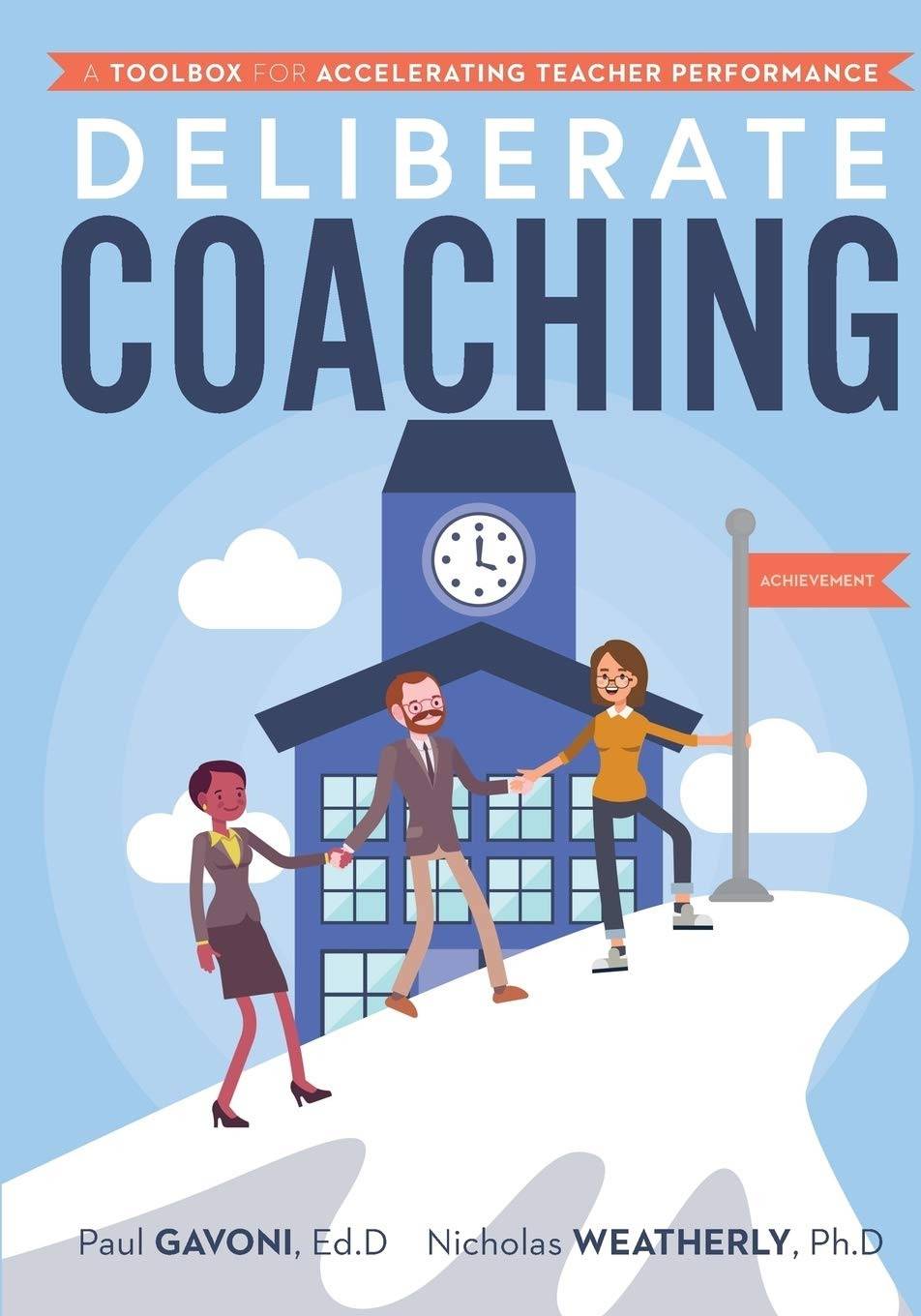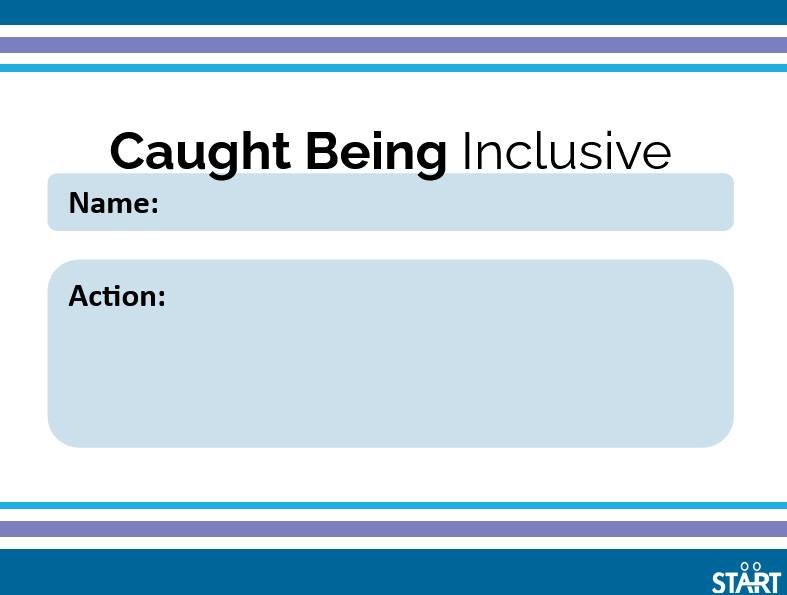Coaching Resources
This page is currently under review.
Coaching Structure Checklist
The Coaching Structure Checklist is an ISD and district planning tool that may be used to set up a plan to define the role of coaches, recruit and prepare coaches, and provide ongoing support while monitoring progress and promoting sustainability.
Note: This Coaching Structure Checklist is a work in progress as we revise the Coaching Structure Guidebook.
Deliberate Coaching Google Site
The Deliberate Coaching Google Site is a resource study for the book Deliberate Coaching: A Toolbox for Accelerating Teacher Performance by Paul Gavoni, Ed.D and Nicholas Weatherly, Ph.D. This book is intended to:
- "Showcase a practical application of behavioral analysis as applied to teachers, school leadership, and education systems."
- "Make the case for tools based on a proven science by focusing on the concepts, applications, and value behind the Deliberate Coaching approach (Gavoni & Weatherly, xix)."
This site contains summaries, engagement strategies, discussion questions, and additional resources.
If you are interested in making a copy of this Google Site for your own resource or book study, please follow these instructions:
- Open the Deliberate Coaching Google Site Folder.
- Right-click on the file titled "Deliberate Coaching - Resource Study."
- Select "make a copy"
- Click "show file location" in the black pop-up bar.
- You will now see a copy of the Google Site in your Google Drive for editing for your own resource or book study.
Inclusion Tools
Use this "Caught Being Inclusive" printable to promote inclusion and belonging in your school(s) and district!


